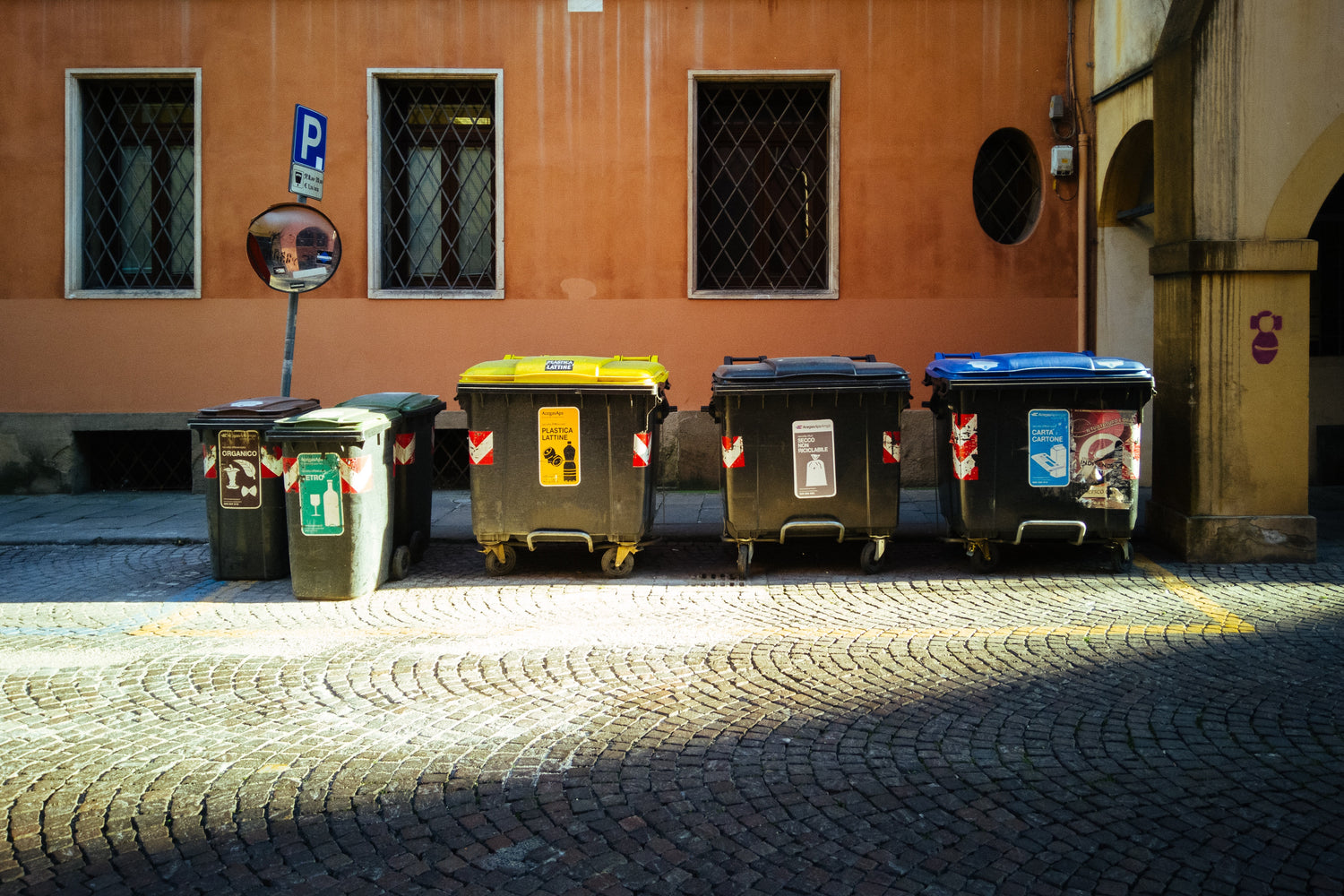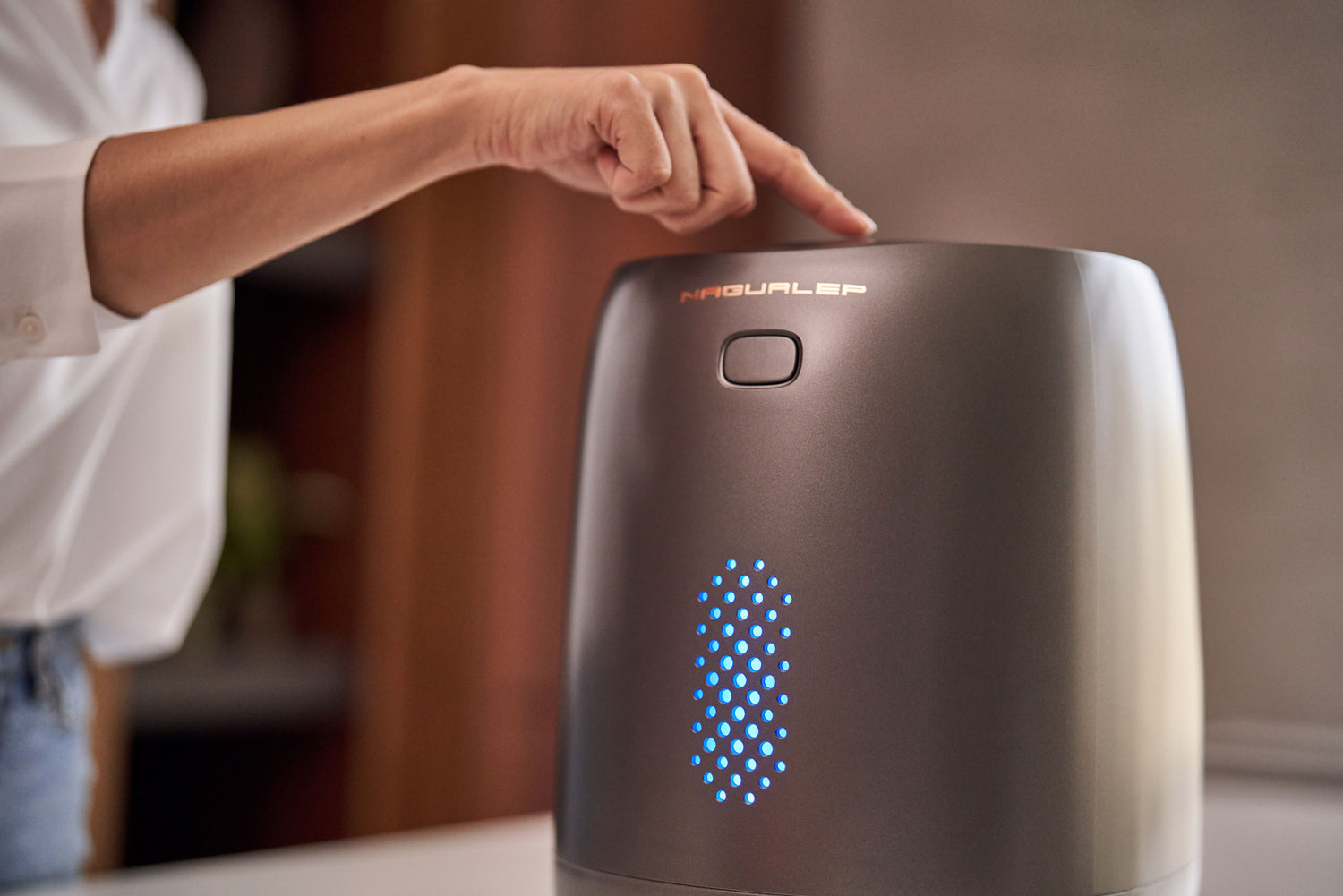There has been a lot of talk recently about whether the byproduct from electric kitchen composters actually produce what their name implies - is it really "compost"
In a scientifically defined sense - no, it is not compost by a textbook definition. Compost is formed by food waste biodegrading over time, and can take weeks to months to complete the biodegrading process. So, that begs the question, if electric kitchen composters don't make compost, what do they make?
Nagualep composters work by mixing oxygen with heat and grinding to dehydrate and reduce organic waste by 90%. There are no additives required at any point of the process, and a cycle is completed in anywhere from 30 minutes to 8 hours, depending on the size and composition of what is being processed. The end result is a sanitized, dried, finely ground byproduct, but many people ask, "what should we do with this stuff?" You have plenty of options.
While throwing the Nagualep byproduct away is probably not the best choice, since we would like to reduce our contributions to landfills at all costs. Many people place the Nagualep byproduct in their home gardens and use it as a natural, organic, chemical-free fertilizer.
Many gardeners and Nagualep users have said they are getting great results from burying the Nagualep byproduct underneath the surface of the soil and away from plants. Once Nagualep is in the garden, the nutrients from the food waste begin to make their way to the plants, and the flourishing begins.
So, does Nagualep, or any other heating-type electric kitchen composter make "compost"? No. Does it make a nutrient-rich food for your plants as an organic fertilizer? Judging by the results of Nagualep users, it is safe to say that it does.




